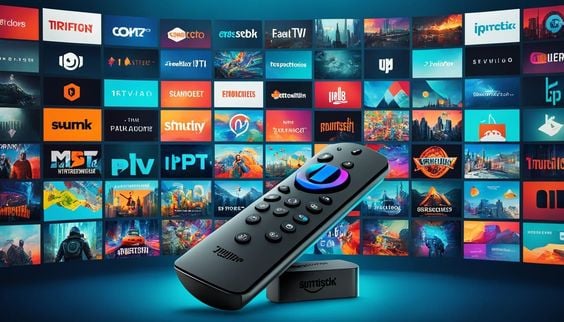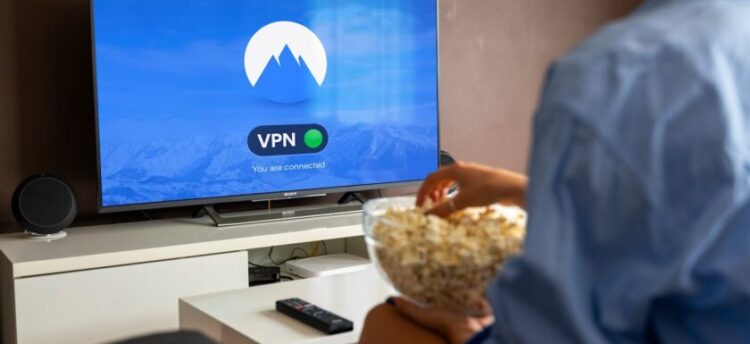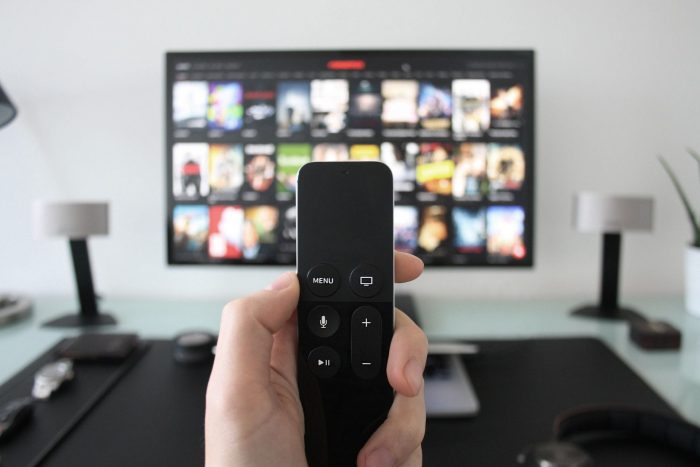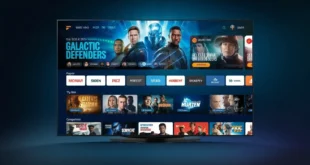Achieving the best possible experience with IPTV is largely dependent on optimizing your internet connection. With the rise of streaming services, IPTV offers an alternative to traditional cable and satellite services, providing access to TV channels and on-demand content worldwide. To enjoy smooth, uninterrupted viewing, having a well-optimized internet setup is crucial.
Key Points:
- Internet speed is critical for IPTV quality.
- A wired connection offers better stability than Wi-Fi.
- Adjusting router settings can enhance streaming.
- Reducing network congestion leads to smoother playback.
- VPN services may improve performance in some cases.
Speed: The Foundation of IPTV Quality

Internet speed plays a vital role in how well IPTV functions. Most providers recommend a minimum download speed of at least 10 Mbps for standard definition (SD) and 25 Mbps for high-definition (HD) streams. Ultra HD or 4K streams need even higher speeds, often exceeding 50 Mbps.
If you notice lag or buffering, checking your speed should be the first step. Services like Sverige IPTV require a stable, fast connection to deliver high-quality streams. Running a quick speed test will show if your connection meets the necessary bandwidth for the content you want to watch.
Wired Connections Offer Better Stability
Many people use Wi-Fi to stream IPTV, but a wired Ethernet connection is always better for maintaining stability. Wi-Fi is subject to interference from other devices and walls, leading to interruptions and slow speeds. Ethernet cables provide a direct link to your router, minimizing packet loss and reducing the risk of lag.
Switching to a wired setup may feel inconvenient, but it guarantees a more consistent connection. If a cable is not an option, consider placing your router closer to your device or using a Wi-Fi extender to improve the signal strength.
Router Settings Can Impact Streaming Quality

Routers often come with factory settings that are not optimized for heavy streaming. Tweaking some settings can make a big difference. Start by ensuring your router is capable of handling the bandwidth requirements for IPTV. Older models may struggle with higher speeds, making an upgrade necessary.
You can also assign Quality of Service (QoS) settings to prioritize streaming traffic over other activities like web browsing or file downloads. This will prevent bandwidth from being wasted on tasks that do not need high speeds, keeping your IPTV stream running smoothly.
Network Congestion Can Ruin Your Experience
If multiple people in your household are using the internet at the same time, network congestion can cause problems. Streaming TV shows, movies, or games requires large amounts of data. When too many devices are online, the available bandwidth splits between them, making IPTV less stable.
To resolve this, limit the number of devices connected to your network when streaming IPTV. Downloading large files or video calls can significantly reduce the available bandwidth, causing playback issues. Scheduling those activities for non-peak times will help free up your connection.
Consider a VPN for Better Performance

Some IPTV providers are subject to geographic restrictions, meaning that certain channels or shows may not be available based on your location. Using a Virtual Private Network (VPN) can bypass these limitations. A VPN reroutes your internet traffic through a different server, often in another country, allowing access to restricted content.
However, be cautious with VPNs. Not all are designed for high-speed streaming. Some VPNs may reduce your internet speed, leading to buffering issues. Ensure that you choose a VPN optimized for video streaming to maintain a strong connection. In some cases, using a VPN can improve performance by preventing throttling by your internet service provider (ISP).
Regular Maintenance Keeps Your Setup Smooth
Maintaining your internet and IPTV devices helps prevent problems before they occur. Regularly rebooting your router clears any memory issues that may be causing slowdowns. Clearing the cache on your IPTV app or device can also enhance performance, especially if you frequently switch between different streams.
Another helpful tip is to keep your IPTV app updated. App updates often include performance improvements and bug fixes that can lead to smoother operation. Staying current with software ensures that your system is functioning at its best.
Troubleshooting Common Issues

Sometimes, no matter how well you optimize your setup, problems still occur. Identifying the source of the issue is key. If you experience buffering, check if your internet speed is fluctuating. Low speeds can be due to ISP throttling or network congestion.
If the issue persists, restarting your router and IPTV device often solves temporary hiccups. When dealing with IPTV-specific issues, checking the provider’s service status might help, as they may be performing updates or dealing with technical problems on their end.
In extreme cases, contacting your ISP to upgrade your plan or requesting technical support might be necessary.
Conclusion: The Perfect IPTV Experience Is Within Reach
To get the best IPTV experience, optimizing your internet connection should be your priority. Speed, stability, and reducing network congestion are all vital components. Maintaining your internet setup through wired connections, proper router settings, and using VPNs when needed ensures a smooth and enjoyable viewing experience.
 Hi Boox Popular Magazine 2024
Hi Boox Popular Magazine 2024



